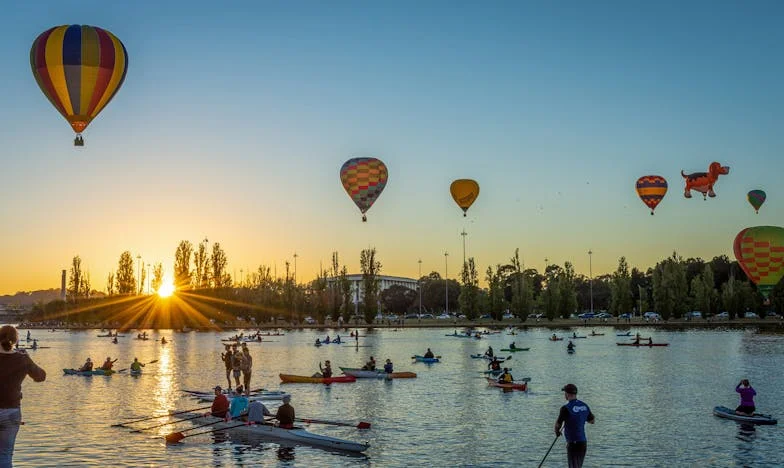Thirty Years Later at Checkout: When the Past Rings Up Your Groceries
“Paper or plastic?” the cashier asked, not looking up. Her voice had that flat, bored edge—like she’d already said it a thousand times today.
I barely heard her. My gaze was fixed on the nametag pinned to her apron: Maureen Kelly. The same name, even the same way she used to write the ‘o’ like a little heart back in high school. But that was thirty years ago. Thirty years, and here she was, bagging groceries in a strip mall in upstate New York. My groceries. My heart hammered like I’d run a marathon, not just walked in for milk, ham, and a pack of Camels.
“Uh, paper,” I managed. My voice sounded strange, like it belonged to someone else.
She glanced up, her eyes meeting mine for just a split second. Brown, flecked with gold. I saw a flicker of confusion. Then her lips pressed into a tight line. Did she recognize me? Or was I just another gray-haired customer in a worn flannel, buying the same staples as everyone else stuck in this town?
“Is that all for you today, sir?” she asked, hands pausing over the register.
I opened my mouth, but nothing came out. Was this really Maureen, the girl who once painted sunflowers on my beat-up Chevy, who laughed so hard at my dumb jokes that soda came out her nose? I studied her face: the lines around her mouth, the tiredness in her eyes. Life had left its mark, just like it had on me.
“Gus?” she whispered, barely audible, but it hit me like thunder.
I nodded. “Yeah. It’s me.”
The line behind me shifted, impatient. A kid in a hoodie coughed. The moment stretched, awkward and raw. I wanted to say something clever, something that would make her laugh like before. But all I could think of was how much I’d missed her—or maybe just the version of us that once existed.
She rang up the items, robotic. “That’ll be $16.49.”
I fumbled for my wallet. My fingers trembled. I could see her glancing at my wedding band, the way I looked for hers—nothing. She just wore a faded bracelet, probably made by a grandkid. A thousand questions buzzed in my head: Was she married? Did she ever leave town like she swore she would? Did she still paint sunflowers?
I handed her a twenty. Our hands brushed. Static. She gave the change, her gaze flicking to the next customer. “Have a nice day, sir,” she said. But her voice broke—just a little.
I hesitated. “Maureen, do you—do you have a minute?”
The kid behind me groaned, but she surprised me. She nodded, called to the bag boy, “Danny, take over for a sec.” Then she slipped around the counter, wiping her hands on her apron, and led me to the side, near the Redbox machine. We stood there, two ghosts among frozen pizzas and lottery tickets.
“You look good, Maureen,” I said stupidly.
She snorted. “You always were a terrible liar, Gus. But thanks.”
We both laughed, awkward and brittle. I tried to find the old Maureen in her; she searched my face for the boy she once loved. The years had changed us, but the ache was the same.
“So… thirty years,” she said. “What brings you back?”
I shrugged. “Dad passed last spring. I moved back to help Mom. Never thought I’d stay, but, well—life.”
She nodded. “Yeah. Life.”
I wanted to ask her everything. Why she never wrote back after college, why she disappeared after that last summer, why she was here now—her sharp mind wasted scanning barcodes. But I couldn’t. Not yet.
“So, how’s your family?” she asked, eyes darting to my ring.
“Divorced. Two kids. Jen’s in Boston, Danny’s at SUNY. You?”
She gave a small, proud smile. “Single. Got a daughter, Abby. She’s a nurse in Albany. Two grandkids. I got them on weekends.”
We stood in silence, listening to the beep of registers, the hum of fluorescent lights. I wanted to reach out, tell her I was sorry for whatever I’d done or not done.
“Remember that summer we tried to drive to California?” she said suddenly, her eyes shining with unshed tears. “The engine gave out in Ohio. We spent the night in that truck stop, talking about everything and nothing. God, we were so stupid, Gus.”
I smiled, the memory bittersweet. “Yeah. But we were happy, weren’t we?”
She looked at me, really looked. “For a while, yeah. I always wondered… what if we’d made it out west? Would things have been different?”
I swallowed hard. “I wonder that too, sometimes. But I guess this is where we ended up.”
She nodded, wiping her eyes. “You ever regret it?”
Did I? I thought of my kids, the life I’d built—and the emptiness that never quite went away. “Sometimes. But then I remember, we did the best we could. Life just… happens.”
She smiled, tired but genuine. “Yeah. It does.”
The bag boy called her. “Ms. Kelly? Line’s backing up.”
She squeezed my arm, gentle. “Take care, Gus. Don’t be a stranger.”
I watched her walk away, back to the checkout, to reality. As I left the store, groceries in hand, the world felt heavier—and lighter—at the same time.
Driving home, I kept replaying our words, all the things I wished I’d said. Do we ever really let go of the past, or does it just wait for us in the most ordinary places? What would you do if the love you lost was standing right in front of you, all these years later?
